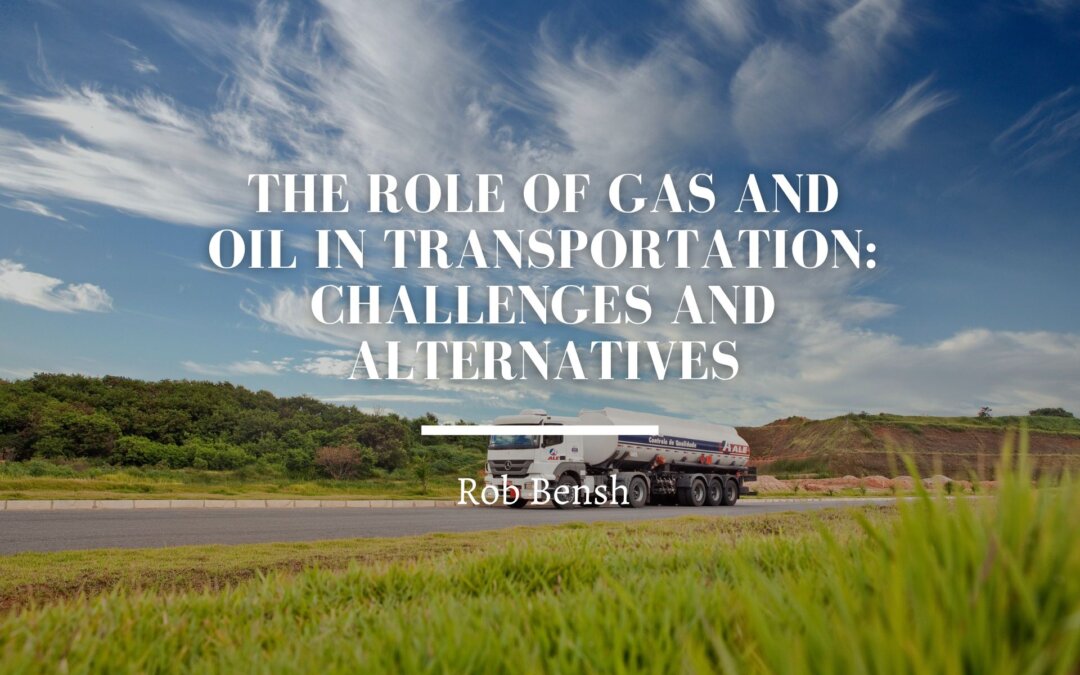Energy is a fundamental aspect of modern society, powering various sectors and enabling economic growth. Among these sectors, transportation stands out as a significant consumer of energy. The reliance on gas and oil as the primary sources of fuel for transportation has led to various challenges and has prompted the exploration of alternative solutions.
Transportation accounts for a substantial portion of global energy consumption. The vast majority of vehicles, from cars to airplanes, rely heavily on petroleum-based fuels such as gasoline and diesel. These fossil fuels offer high energy density, making them efficient choices for powering vehicles. However, their dominance in the transportation sector presents several challenges.
One of the foremost challenges associated with petroleum-based transport fuels is the issue of peak oil. Peak oil refers to the point at which global oil production reaches its maximum and starts to decline. As the demand for oil continues to rise, the finite nature of this resource becomes increasingly apparent. This poses a serious threat to the stability and affordability of transportation fuel in the future.
To address the challenges posed by the reliance on gas and oil, alternative fuels have been explored as viable options. These alternatives aim to reduce dependence on fossil fuels and mitigate the environmental impact associated with their use. Several alternatives have emerged, each with its own advantages and challenges.
One prominent alternative is biofuels, which are derived from renewable sources such as crops like corn and sugarcane. Biofuels can be blended with conventional fuels or used as standalone replacements. They offer the advantage of being carbon-neutral or even carbon-negative, as the crops used for biofuel production absorb carbon dioxide during growth. However, concerns have been raised regarding the potential impact of biofuel production on food prices and land use.
Another alternative fuel gaining traction is electricity. Electric vehicles (EVs) have seen a surge in popularity in recent years, thanks to advancements in battery technology and increased charging infrastructure. EVs produce zero tailpipe emissions, reducing air pollution and greenhouse gas emissions. However, challenges such as limited driving range and the need for widespread charging infrastructure still need to be addressed for widespread adoption.
Hydrogen fuel cells represent another promising alternative. These cells convert hydrogen into electricity, emitting only water vapor as a byproduct. Hydrogen fuel cell vehicles offer long driving ranges and quick refueling times, making them comparable to conventional vehicles in terms of convenience. However, hydrogen production and distribution infrastructure remain limited and costly.
The role of gas and oil in transportation faces significant challenges. The issue of peak oil and the environmental impact of fossil fuels necessitate the exploration of alternative options. Biofuels, electric vehicles, and hydrogen fuel cells offer promising alternatives, each with its own advantages and challenges. Continued research and investment in these alternatives will be crucial in shaping a sustainable and resilient transportation sector for the future.
